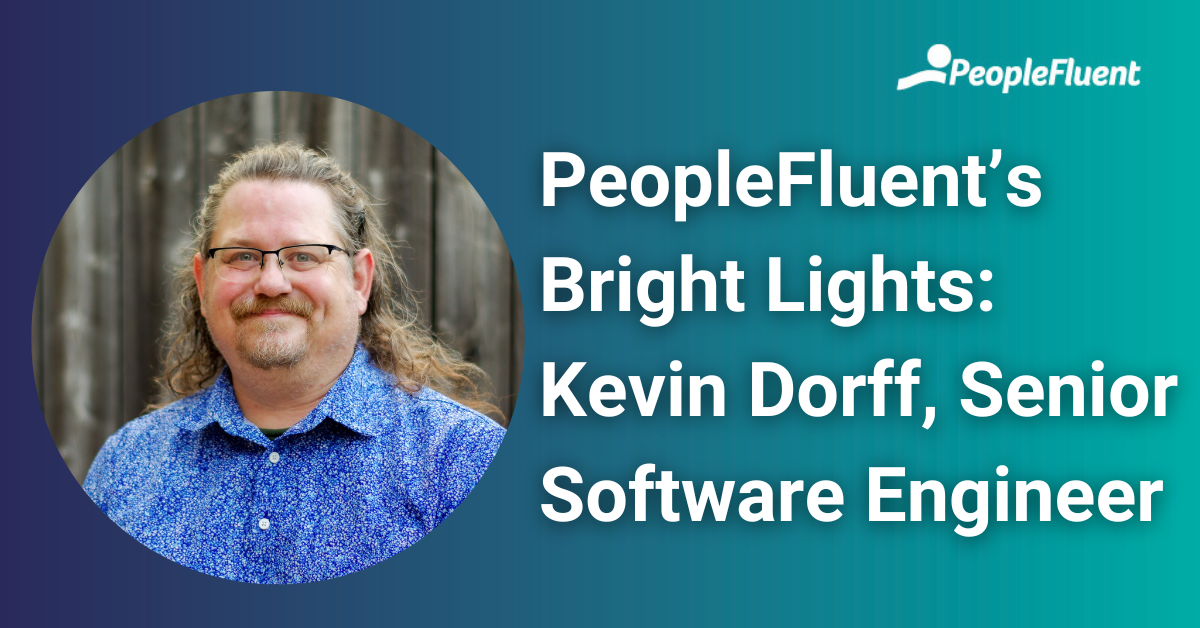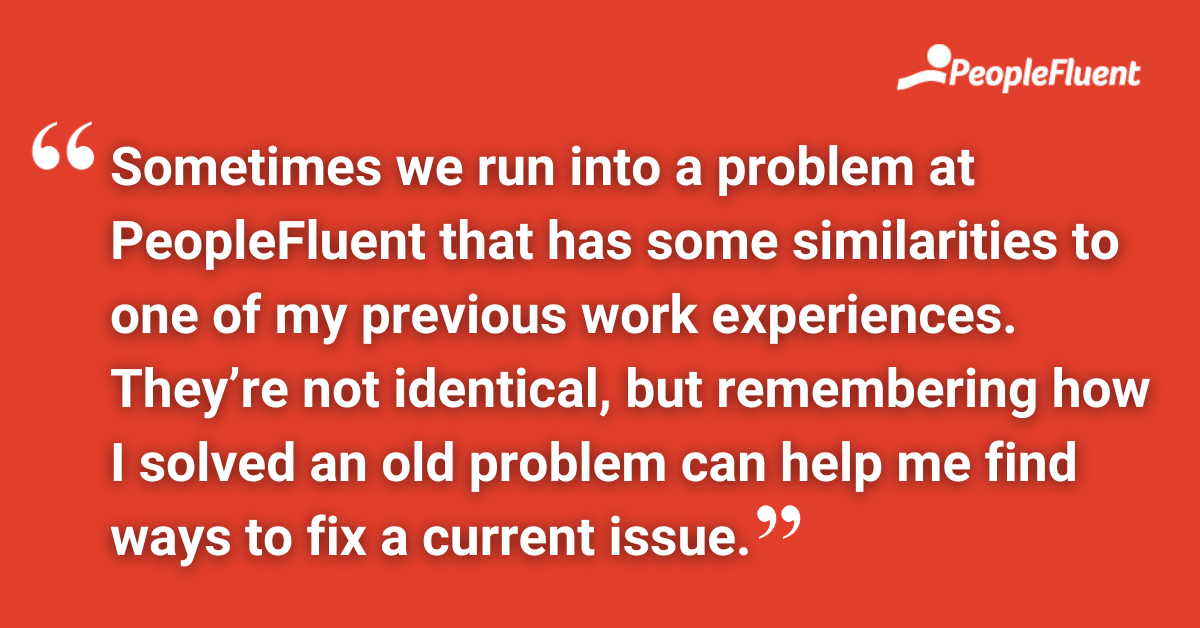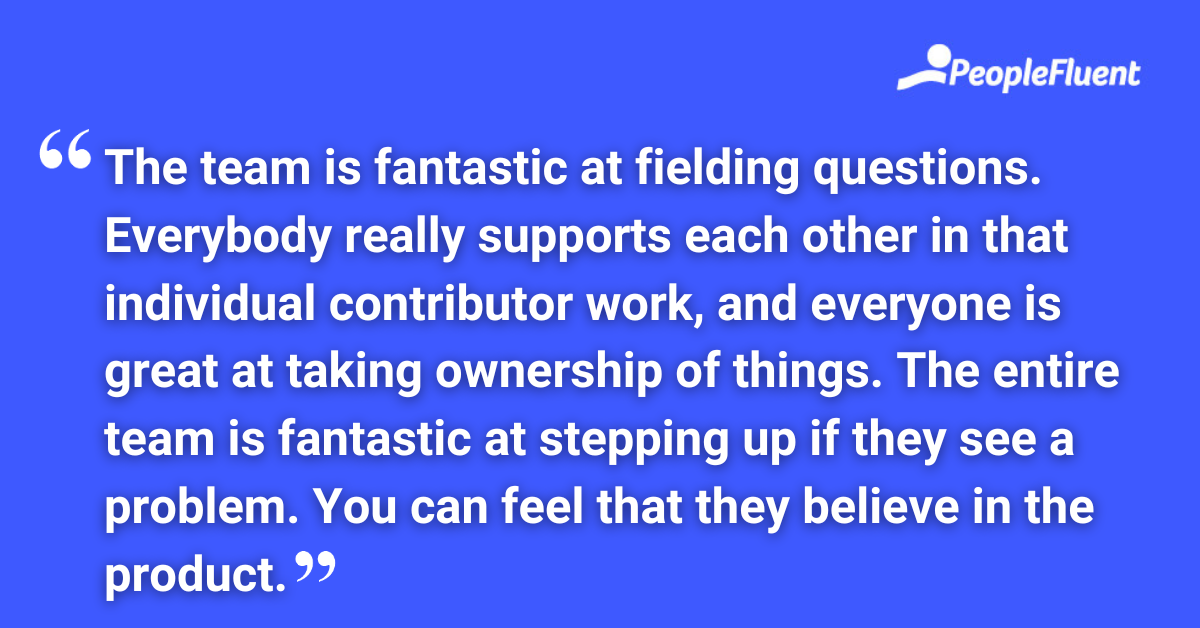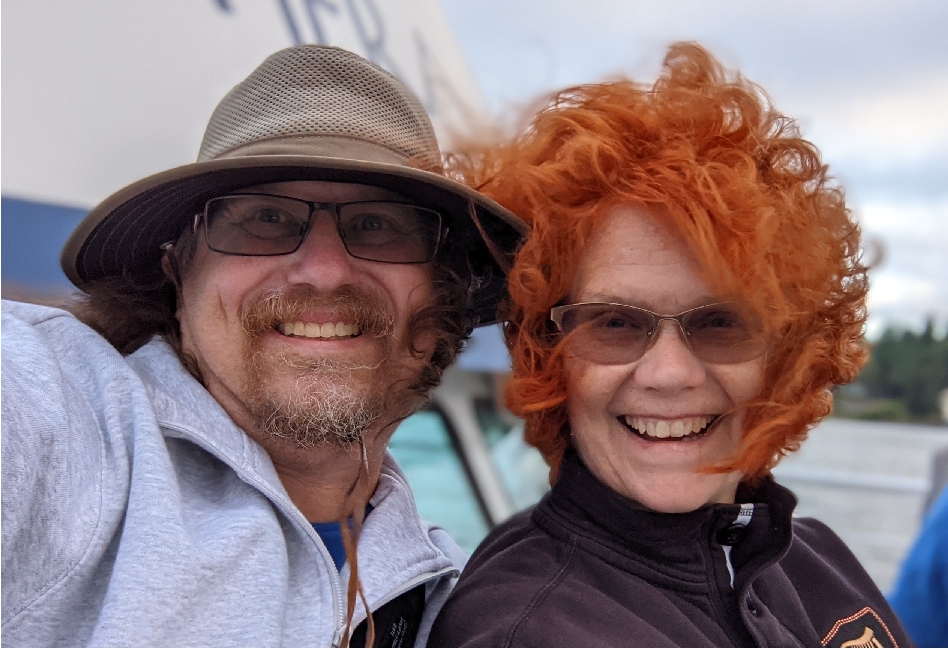Published: Sep 20, 2022Time to read: 6mins Category: Insights
PeopleFluent’s Bright Lights: Meet Kevin Dorff, Senior Software Engineer
In this edition of Bright Lights, we introduce another key PeopleFluent team member: Senior Software Engineer Kevin Dorff. When he’s not at work, Kevin loves traveling with his wife or refurbishing vintage electronics. Let’s get to know him better!

So, Kevin, what’s your role at PeopleFluent? How long have you been working here?
I’m a senior software engineer, and I started in January 2020, just before the pandemic hit. My focus area is PeopleFluent Talent Management, which encompasses our performance, compensation, and succession products. My role is to problem-solve. I take on difficult projects and use my extensive experience with Java and software engineering to find solutions.
I take on a lot of projects that have been on the “back burner”—problems that need to be solved but aren’t considered emergencies. Solving puzzles is what I really enjoy about the job.
What did you do for work prior to joining PeopleFluent?
My whole career has been about technology. I’ve always been interested in software development.
One of my first professional jobs was working with a contractor for the U.S. Department of Energy. Early in my career, my job involved Windows-based database applications. In the late-90s, during the early days of the web, my focus shifted to web-based applications. It was pretty clear, even then, that this was going to be the way of the future.
In 2004, I moved to New York with my wife for a job with Weill Cornell Medical, the medical college of Cornell University. I supported a bioinformatics research lab. I spent eight rewarding years assisting them with software development.
After New York, my wife and I settled in Austin, Texas. We became grandparents and wanted to be closer to where they lived, so I started working for the University of Texas. I spent a couple of years launching and supporting the college’s single sign-on project as Principal Engineer.
I then spent a few years working for RackSpace Technologies. In that role, I managed a team of software developers.
One of the great benefits to having worked in so many different industries has been continual growth. There’s always something new to learn in this field. It makes for a very fulfilling career.

READ MORE | ‘PeopleFluent’s Bright Lights: Meet Sarah Zwicker, Program Manager’
What skills are needed to be successful in your role?
For this kind of work, you’ve got to be inquisitive and tenacious. You’re always looking for the reason behind potential software bugs, so you can fix them and prevent the problem from recurring. A lot of times the problems we see don’t have obvious solutions.
That’s where being tenacious comes in. You spend a lot of time figuring out what the issue is, so you’ve got to be able to stick with something. And document everything!
Listening to your intuition and learning from past experiences also helps you succeed. I frequently encounter situations at PeopleFluent that are similar to previous work experiences. They’re not identical, but remembering how I approached an old challenge can help me find ways to approach the new one.
Is there a project you’ve worked on that you’re particularly proud of?
Definitely. The main project that I've been working on this year is related to performance testing. This stems from a request we had with a high-profile customer back at the beginning of the year.
We discovered a few very specific results that surfaced in highly unlikely, but still possible, situations. We wanted to fully understand what we were dealing with so we replicated the unusual circumstances to reproduce the issue. Performance testing let us recreate those results, and then we used that same testing after we fixed the problem to demonstrate that it had been rectified. The idea was to give additional comfort to both the customer and our team, knowing that this issue was fully understood and resolved.
It’s been a really challenging, yet rewarding, experience.

JUST FOR YOU | ‘5 Questions That Get to the Heart of Why People Analytics Matters’
What’s your favorite aspect of your job?
It’s constantly having new things to tackle. I’m working on such a large application that's so established, and I could never possibly know all of it. That's what makes it an interesting challenge for me.
How would you describe your team dynamic?
We’re a medium-sized team, between 12 and 20 people. It's a great mix of people. Generally speaking, we’re a team of individual contributors. There will be some degree of working together on problems, but the typical dynamic is that we each receive a bit of work, and that’s our individual assignment for a specified timeframe.
The team is fantastic at fielding questions. Everybody really supports each other in that individual contributor work, and everyone is great at taking ownership of things. The entire team is fantastic at stepping up if they see a problem. You can feel that they believe in the product.
The managers on my team have remained technical. I think they started at the technical, developmental level and grew into management. It's helpful to be able to go to any of my managers and describe a problem, and they know what I'm talking about. They're not removed from our daily work.
What’s your favorite work perk?
I really enjoy working from home. The commute is amazing [laughs].
What are you doing when you’re not at your desk?
I like to hang out with my wife. We really enjoy traveling, movies and television shows, and stage productions. We’ve been subscribers to Broadway in Austin for 10 years.
I’m also fond of hobby electronics and 3D printing. Lately I've taken up fixing and refurbishing vintage computers. The first computer that I really spent a ton of time on was a Commodore 64.

What’s something you wish you would’ve known at the start of your career?
My advice to myself would be to be more patient with people. My more actionable advice to myself would be the same advice I was given on my first or second day of work: report problems right away.
Sitting on a problem won’t make it go away. Reporting mistakes honestly makes it much easier for the team to band together to find a solution. It’s not always easy to start those conversations, but starting a career with that attitude makes tackling challenges so much easier in the end.
MORE FROM THE BLOG | ‘5 Advantages to Succession Planning That Secure Your Organization’s Future’
Let Our Professionals Solve Your Problems
Kevin is one of our many “bright lights” at PeopleFluent. Our global team of professionals is ready to assist you with all your talent and learning needs.